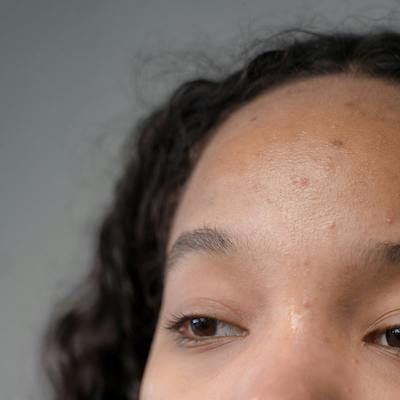Article
Lebrikizumab Clears Eczema Skin Rapidly, Safely
Author(s):
New data evidences yet another IL-13 targeting biologic for atopic dermatitis.

Emma Guttman-Yassky, MD, PhD
Novel monoclonal antibody lebrikizumab was shown to significantly benefit adults with moderate to severe atopic dermatitis (eczema) in new phase 2b data evidencing the interleukin 13 (IL-13)-targeting therapy.
The study, led by Emma Guttman-Yassky MD, PhD, of the Department of Dermatology at Icahn School of Medicine at Mount Sinai, follows on the heels of research of similarly successful IL-13-targeting biologics dupilumab and tralokinumab for eczema.
Guttman-Yassky and colleagues conducted the double-blind, placebo-controlled, dose-ranging randomized clinical trial assessing lebrikizumab injections across 57 US medical centers from January 2018 to May 2019.
Participating patients were adults aged 18 years and older with moderate to severe atopic dermatitis. They were randomized 2:3:3:3 to subcutaneous 125 mg lebrikizumab every 4 weeks; 250 mg every 4 weeks; 250 mg every 2 weeks; or placebo every 2 weeks. Treatment loading doses were 250 mg, 500 mg, and 500 mg at baseline and week 2, respectively.
Investigators assessed for a primary endpoint of percent change in Eczema Area and Severity Index (EASI) from baseline to week 16, with secondary endpoints including proportion of patients reaching Investigator’s Global Assessment score of 0-1 and EASI improvement of at least 50%, 75%, or 90% from baseline, among others.
The team also conducted a sub-assessment of 16 patients who self-reported prior dupilumab use.
Mean patient age among the 280 participants was 39.3 years, with a majority (59.3%) being female. Patient demographics and disease characteristics were well matched across treatment groups.
For the primary endpoint, improved change in mean EASI scores versus placebo was associated with increased lebrikizumab dosage: -62.3% among patients on 125 mg every 4 weeks (P = .02); -69.2% among patients on 250 mg every 4 weeks (P = .002); and -72.1% among patients on 250 mg every 2 weeks (P <.001).
Guttman-Yassky and colleagues observed dose-dependent differences in EASI scores as early as week 4. They also noted a statistically significantly greater rate of patients receiving 250 mg lebrikizumab achieved IGA 0/1 response, EASI 50, EASI 75, EASI 90 than placebo at week 16.
Of the 16 patients previously using dupilumab, 12 received lebrikizumab (4, 3, and 5 in the dosage groups, respectively). A majority of patients (n = 9) had reported a lack of efficacy on dupilumab. At week 16, 5 of the lebrikizumab patients achieved EASI 75, and 3 achieved IGA 0/1 response, compared to none on placebo.
A total of 128 (56%) patients on lebrikizumab reported a treatment-adverse event, versus 24 (46.2%) of placebo patients. Most events were mild to moderate and did not lead to discontinuation.
Investigators noted it was dupilumab which originally “validated the importance of type 2 immune cytokine activation in (atopic dermatitis) pathophysiology,” while these findings add to the support of IL-13 as a central targeting pathway of the disease. In fact, they write, IL-13 inhibition alone may be enough to generate therapeutic response among patients with atopic dermatitis.
“If these findings replicate in phase 3 studies, lebrikizumab may meaningfully advance the standard of care for moderate to severe AD,” investigators concluded. “Taken together, the broad and robust improvements in AD clinical manifestations observed with lebrikizumab, along with its favorable safety profile, suggest that it may be an efficacious and well-tolerated treatment for moderate to severe AD.”
A follow-up phase 3 program assessing the long-term efficacy and safety of lebrikizumab, its regimen as a maintenance therapy, and its clinical use in younger patients, was initiated in October 2019.
The study, “Efficacy and Safety of Lebrikizumab, a High-Affinity Interleukin 13 Inhibitor, in Adults With Moderate to Severe Atopic Dermatitis,” was published online in JAMA Dermatology.





